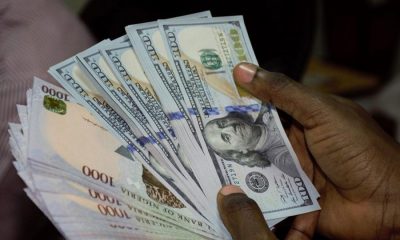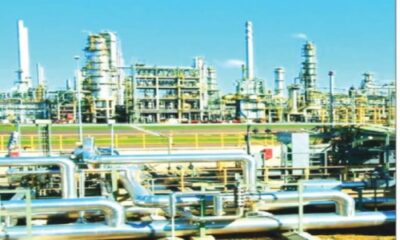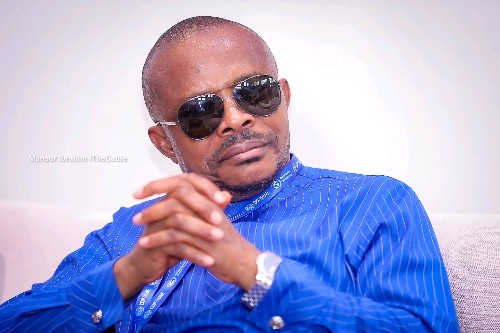Oil marketers have stated that they are unaware of the specific logistical issues that the Nigerian National Petroleum Company Limited (NNPCL) indicated were to blame for the country’s present low product supply.
Last Wednesday saw the return of a fresh petrol shortage, which has since gotten worse, leaving Nigerians to deal with the fallout.
Due to the scarcity, prices have since increased in Lagos to ₦1,200 per litre on the black market and as much as ₦800 per litre in some filling stations owned by the Independent Petroleum Marketers Association of Nigeria (IPMAN).
Prior to the shortage, fuel was sold at stations run by the Major Energy Marketers Association of Nigeria (MEMAN) for around 610 per litre.
Some filling stations sell petrol for as high as N850 to ₦900 per litre in locations such as Maryland, Ikeja, Agege, Iyana Ipaja, and other outskirts of Lagos. In some states, the product sells for more than ₦1,000 per litre at filling stations. Even at that rate, most filling stations have since shut their doors due to a lack of products.
The NNPCL blamed the development on logistics challenges. The spokesperson for the company Olufemi Soneye said last week that the challenges have been resolved.
But almost a week later, oil marketers have said they are in the dark about the nature of those challenges. They also dismissed claims that they were hoarding the products.
“Do you blame oil marketers for the current situation? If NNPCL gives us products, we will sell them because we are businessmen. We are in this business to make money, so we won’t keep products in our tanks if we have,” the Chairman of IPMAN Satellite Depot, Lagos, Akin Akinrinade told Channels Television.
“They said they have a logistics problem and have 240 million litres in store to distribute. But that was what they told us since last weekend. They said the logistics challenges have been resolved but they didn’t tell us the type of logistics problem they have.
“For now, NNPCL stations are mostly the ones selling with just a few others getting supply. But you know our members have the largest number of stations nationwide. If they give IPMAN stations products, you will see that the queues will disappear immediately.”
Currently, IPMAN has over 30, 000 filling stations nationwide.
According to Channels Television, a top source among the oil marketers said that there is not much product in circulation.
“We don’t have much products as we speak. According to them, they don’t have smaller vessels to take the fuel from the larger vessels. Others are saying it’s because of bridging claims. As I speak, I don’t have fuel in my depot. I am going around begging for fuel,” he said.
“If you tell NNPCL you need say like 80, 000 tons of product now, they will give you 10, 000 tons. So, you will sell small, and then everything goes dry again.
“If they claim they have fuel, and no products in our tanks, then, it still translates to a no-fuel situation. Again, NNPCL is selling to us at around N600 per litre, and as of today, the landing cost of gasoline at the international market is ₦847 per litre.
“So, if I buy at ₦847/litre and add other costs, the pump price will be about ₦1400 per litre. So, if I sell at that price in my station, who will buy it? Even we marketers can’t buy much at that price. So, we continue to manage the situation.
“And if we make noise too much, they will tell us to go and import too. How will we import with the high exchange rate? If we import on our own, who will buy from us at that high price?
“Those currently selling at low prices know how they go about it because, during scarcity, everybody will be doing whatever they like.”
Chinedu Ukadike, the Public Relations Officer of IPMAN, had on Sunday, said that the prevailing scarcity of petrol could persist for an additional two weeks.
Ukadike told journalists that the product was not available in the country, because most refineries in Europe were undergoing turnaround maintenance.
“I also have it on good authority that most of the refineries in Europe are undergoing turnaround maintenance, so sourcing petroleum products has become a bit difficult.
“NNPC Group CEO has assured us that there will be improvement in the supply chain because their vessels are arriving.
“Once that is done, normalcy will return. This is because once the 30-day supply sufficiency is disrupted, it takes two to three months to restore it”, he said.
Unconfirmed speculations doing the rounds have also woven the current scarcity around an imminent increase in the price of PMS, which according to them, led to excessive hoarding, and panic buying, among other things.
While the public was still hoping for an improvement as promised by the NNPCL, IPMAN had threatened to withdraw services over non-payment of ₦200bn bridging claims.
The association’s unit chairman and spokesperson, Aba Depot, Mazi Oliver Okolo who made the threat, said it was with the backing of the IPMAN’s national leadership.
He claimed that the debt is being owed by the Nigerian Midstream and Downstream Petroleum Regulatory Commission (NMDPRA).
In a communique released after a press conference on Tuesday, Okolo said NMDPRA failed to pay the ₦200bn debt despite a directive for payment from the Petroleum Minister (Oil) Heineken Lokpobiri.
The IPMAN deport chairman claimed that since the directive by the minister in February 2024, only ₦13bn had been paid to their members, saying that the unpaid claim had crippled their businesses.
“We are extremely distressed and depressed by the laidback attitude of the leadership of the Nigerian Midstream Downstream Petroleum Regulatory Authority (NMDPRA), towards the survival of our member’s businesses, arising from NMDPRA’s deliberate delay and refusal to offset the debt of over ₦200 Billion owed our members, which has consequently led to the deaths of many of our members and the unfortunate collapse of their businesses.”
He blamed the Nigerian National Petroleum Company Limited (NNPCL), the sole importer of petroleum products, for the current nationwide petrol scarcity, adding that some of its members have “completely” shut down their businesses, and retrenched their employees.
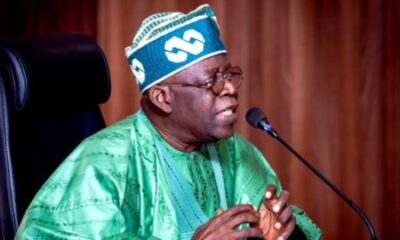
 BIG STORY2 days ago
BIG STORY2 days ago
 BIG STORY2 days ago
BIG STORY2 days ago
 BIG STORY1 day ago
BIG STORY1 day ago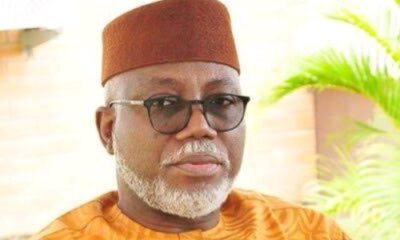
 BIG STORY5 days ago
BIG STORY5 days ago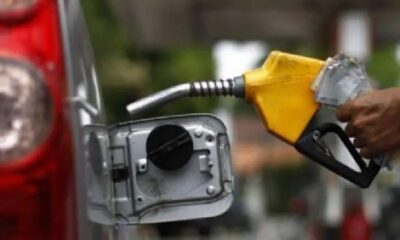
 BIG STORY4 days ago
BIG STORY4 days ago
 BIG STORY3 days ago
BIG STORY3 days ago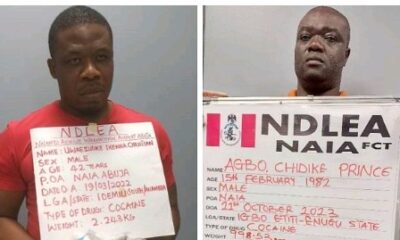
 BIG STORY5 days ago
BIG STORY5 days ago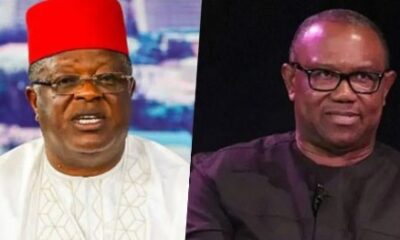
 BIG STORY2 days ago
BIG STORY2 days ago








